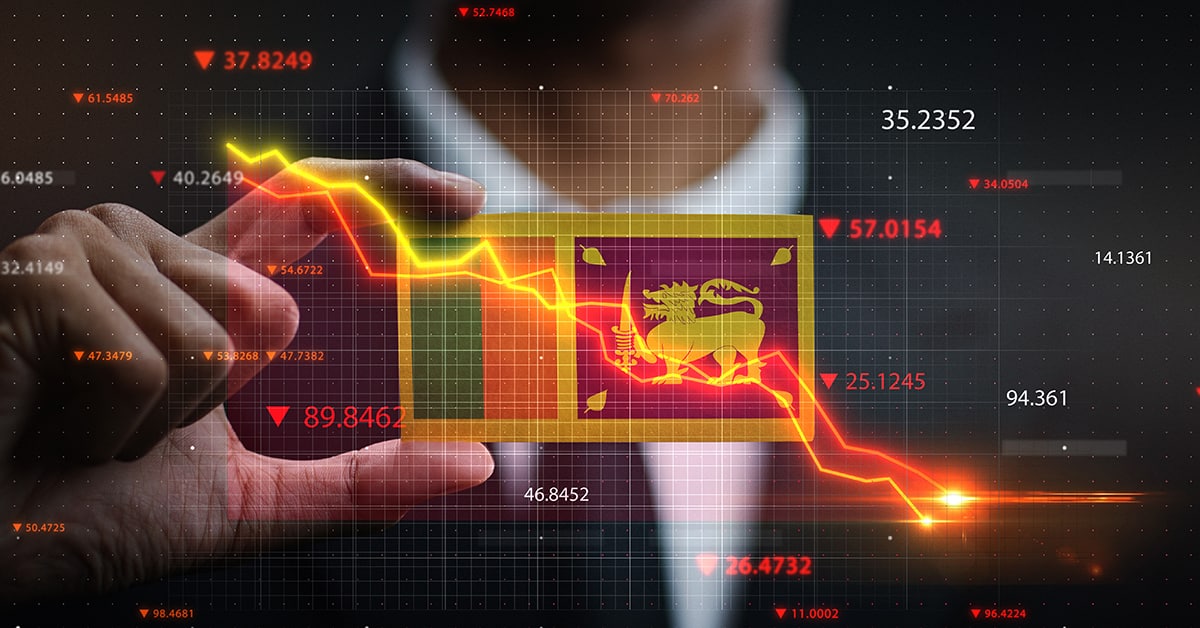President Gotabaya Rajapaksa has come under fire for his handling of the crisis.

Sri Lanka is on the brink of default after failing to make a coupon or interest payment on two international bonds that came due on April 18. The government has a 30-day grace period, but analysts say default is all but inevitable following the April 12 announcement by the Ministry of Finance unilaterally suspending external debt repayments. The looming default coincides with mounting social unrest triggered by a shortage of essential food supplies.
Ongoing discussions with the International Monetary Fund will be key to putting debts—estimated at more than 100% of GDP—on a more stable footing. But Sri Lanka’s diverse array of creditors could complicate an orderly restructuring, with private sector creditors facing a significant haircut.
The three major rating agencies all cut the island nation’s sovereign credit rating, with Moody’s saying it anticipates “a series of defaults” in light of rapidly dwindling foreign exchange reserves. At the end of March, Sri Lanka held just $1.7 billion in FX reserves, enough to cover one month of imports.
Private-sector creditors hold around 40% of Sri Lanka’s debt and, based on past sovereign restructurings, recovery rates could be as low as 50%, Capital Economics forecasts. In its April rating action Moody’s said, Sri Lanka’s high debt and low reserves “underpins our assessment that private sector creditor losses are likely to be material.”
China holds roughly 20% of Sri Lanka’s debt pile—the Central Bank of Sri Lanka has already fully drawn down a $1.5 billion swap agreement with the People’s Bank of China—and despite recent offers to assist, could play hardball in any negotiations. That could delay an early resolution and even force a disorderly default.
President Gotabaya Rajapaksa has come under fire for his handling of the crisis, with anti-government protesters accusing the former defense minister of corruption and nepotism. Mahinda Rajapaksa, the president’s elder brother, is the current prime minister. Both the president and prime minister have dismissed calls for their resignations, though in a token bid to appease protesters, the president earlier dropped two other brothers and a nephew from the cabinet.



